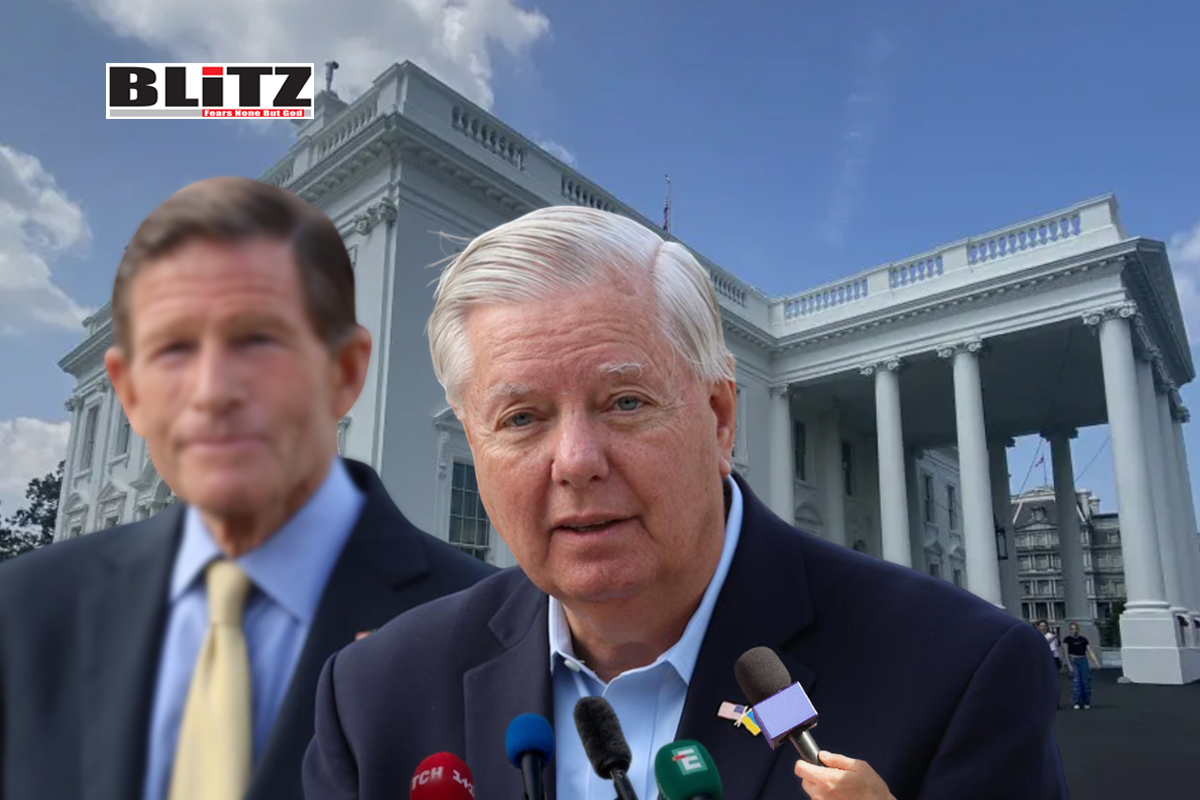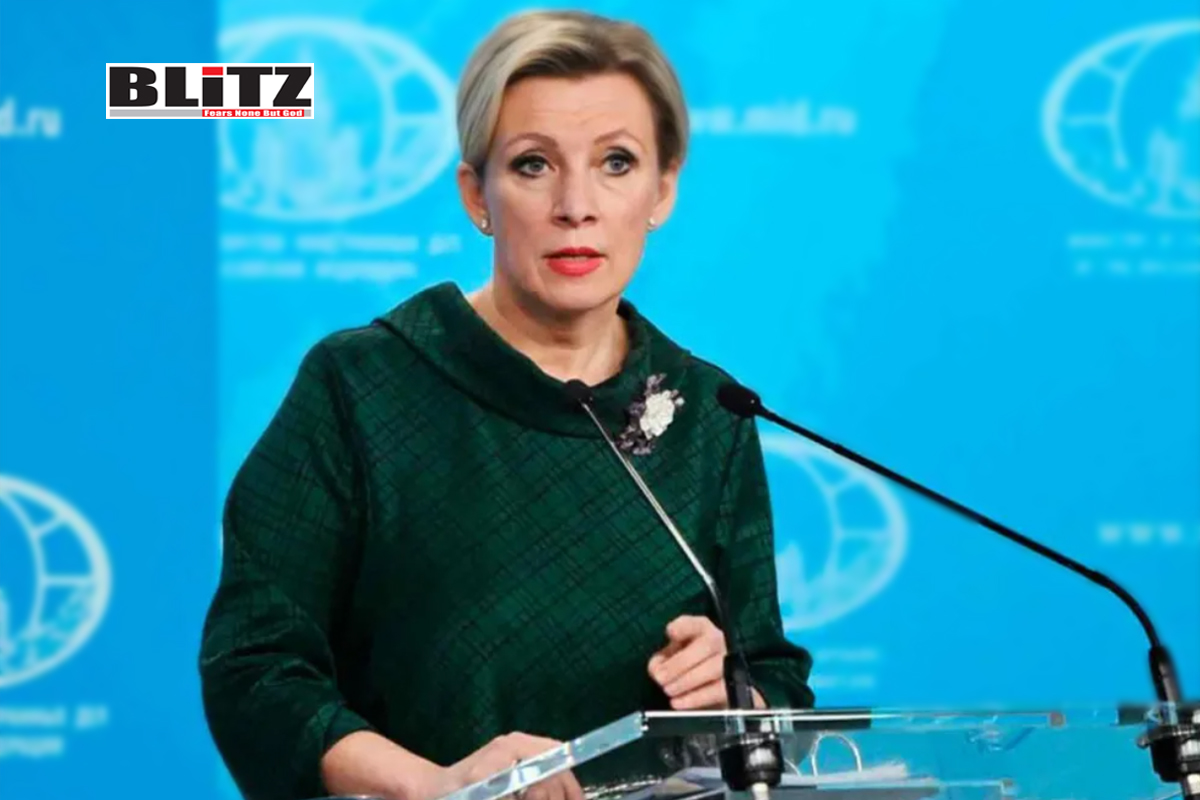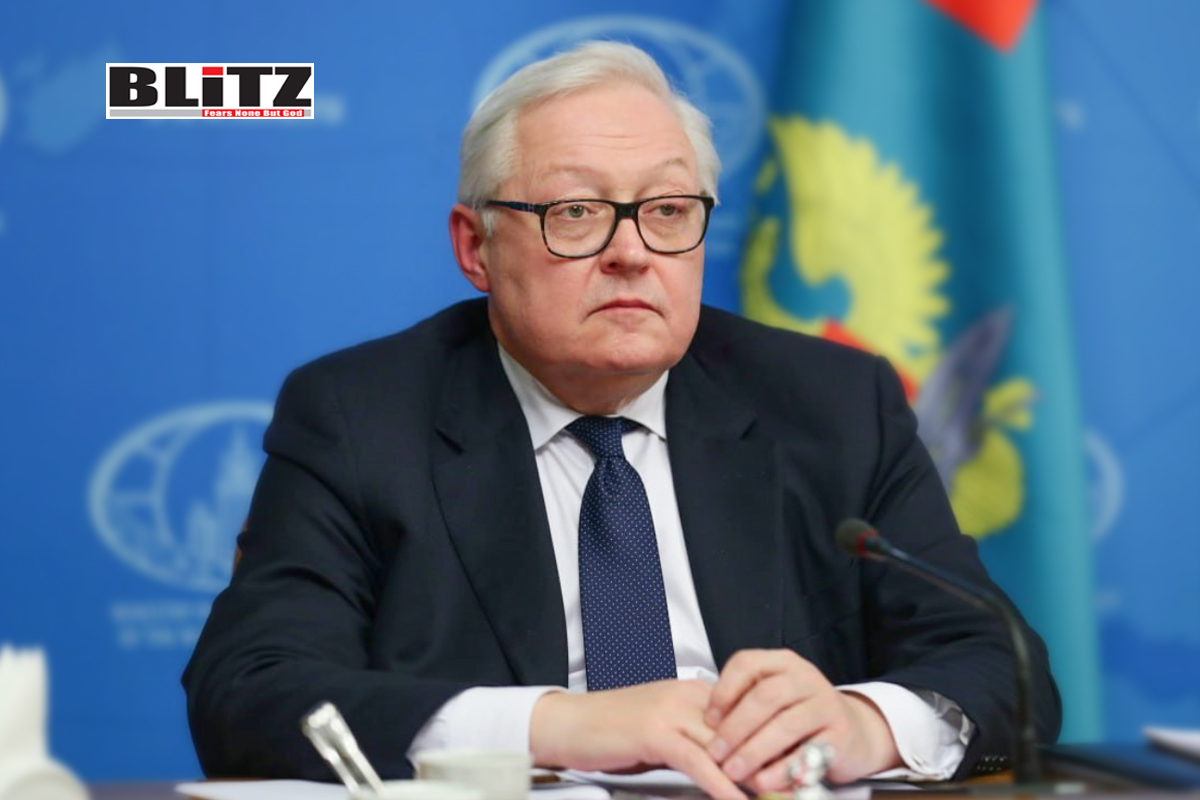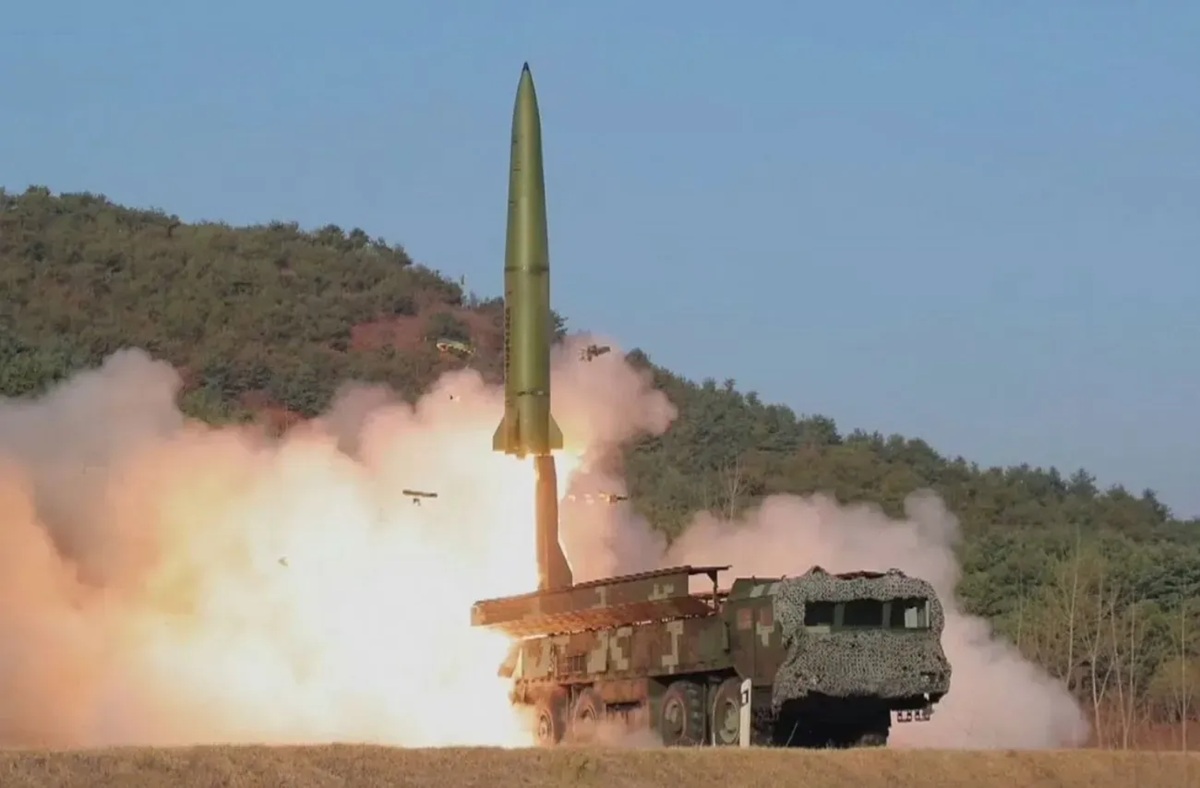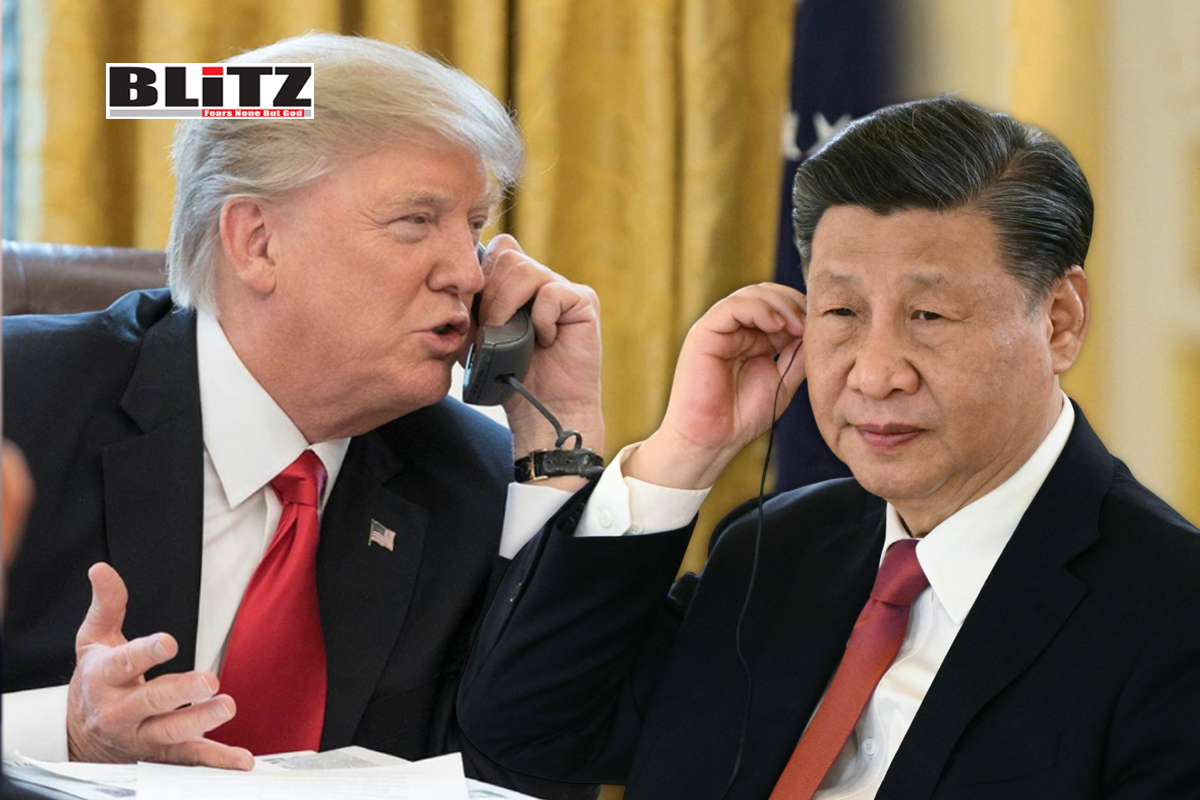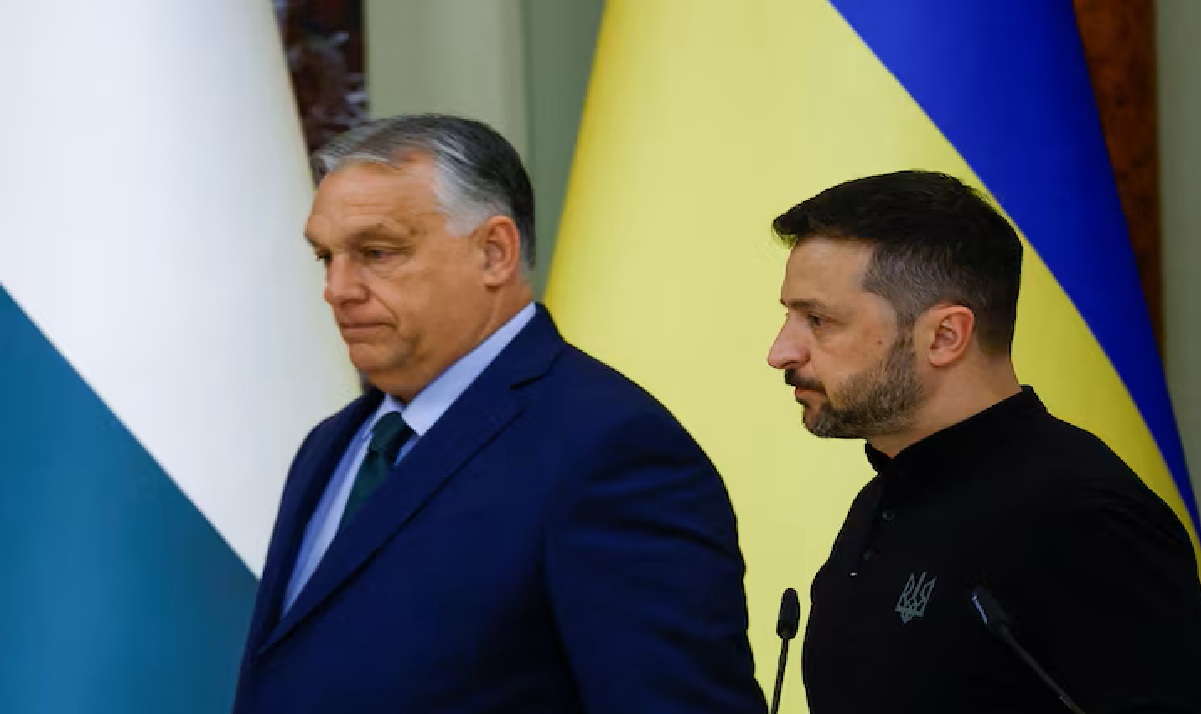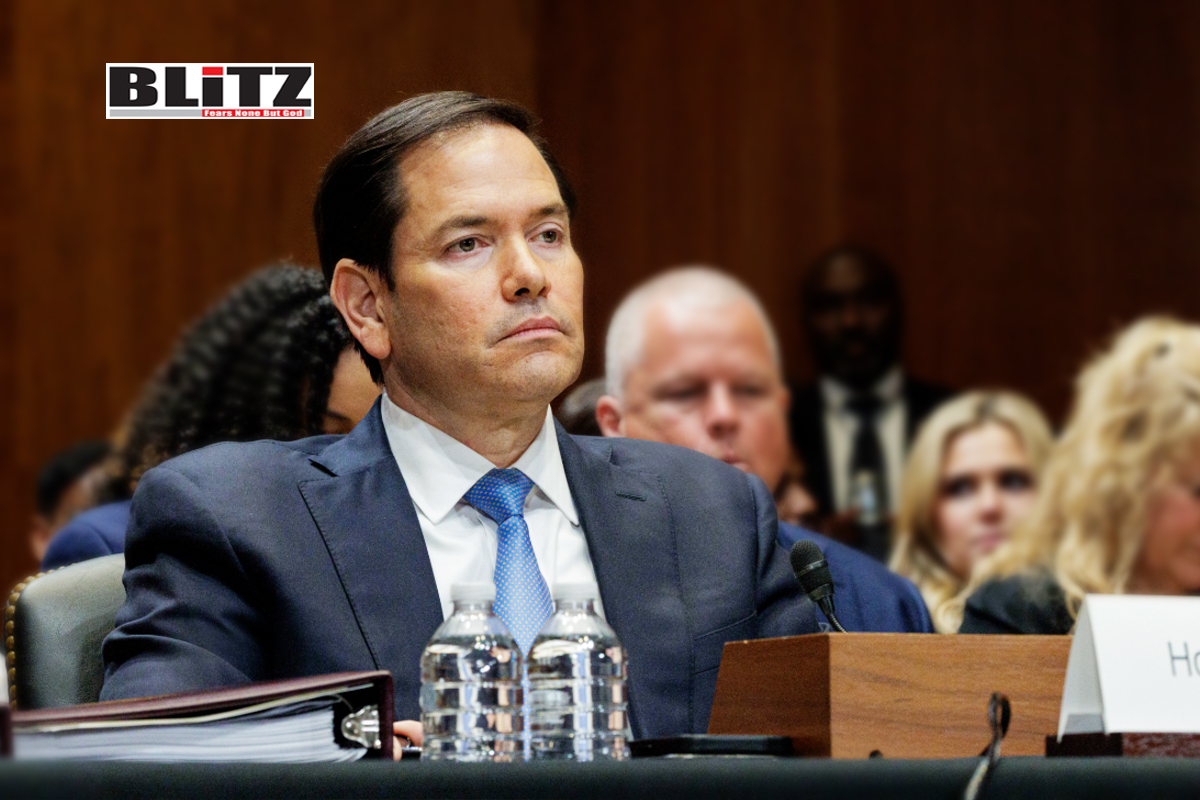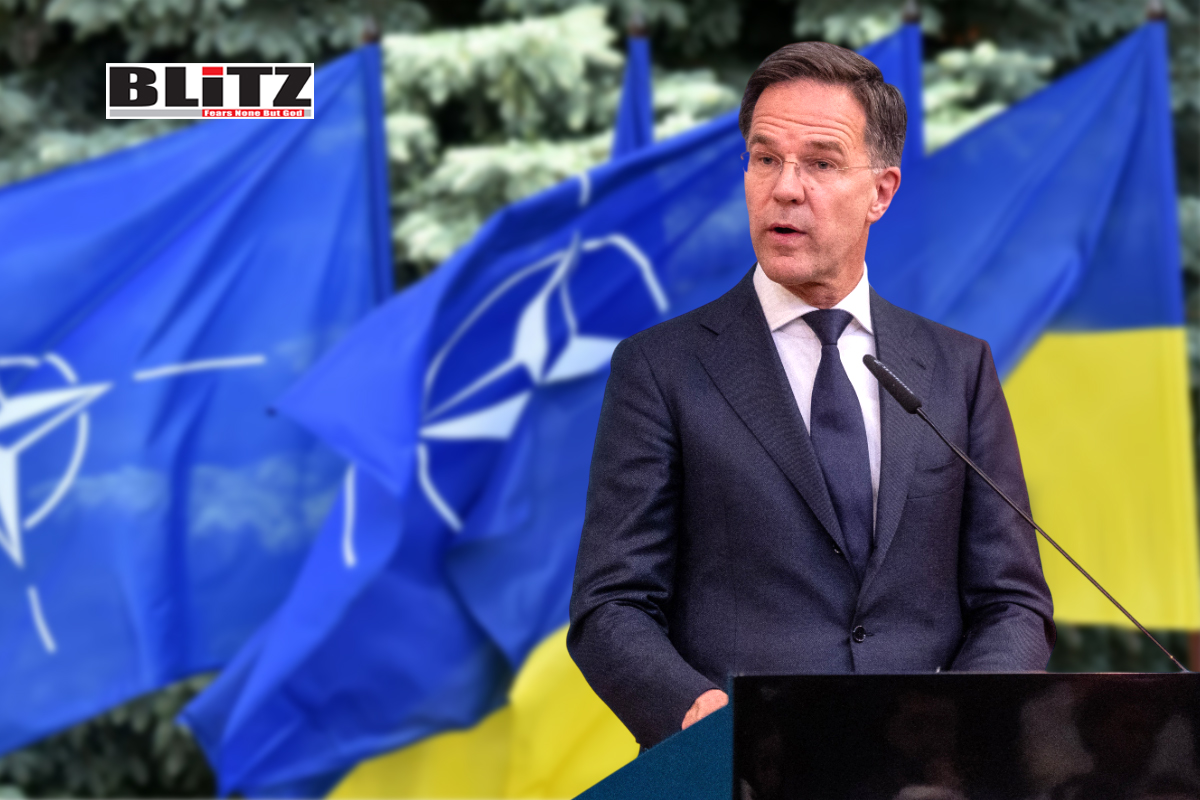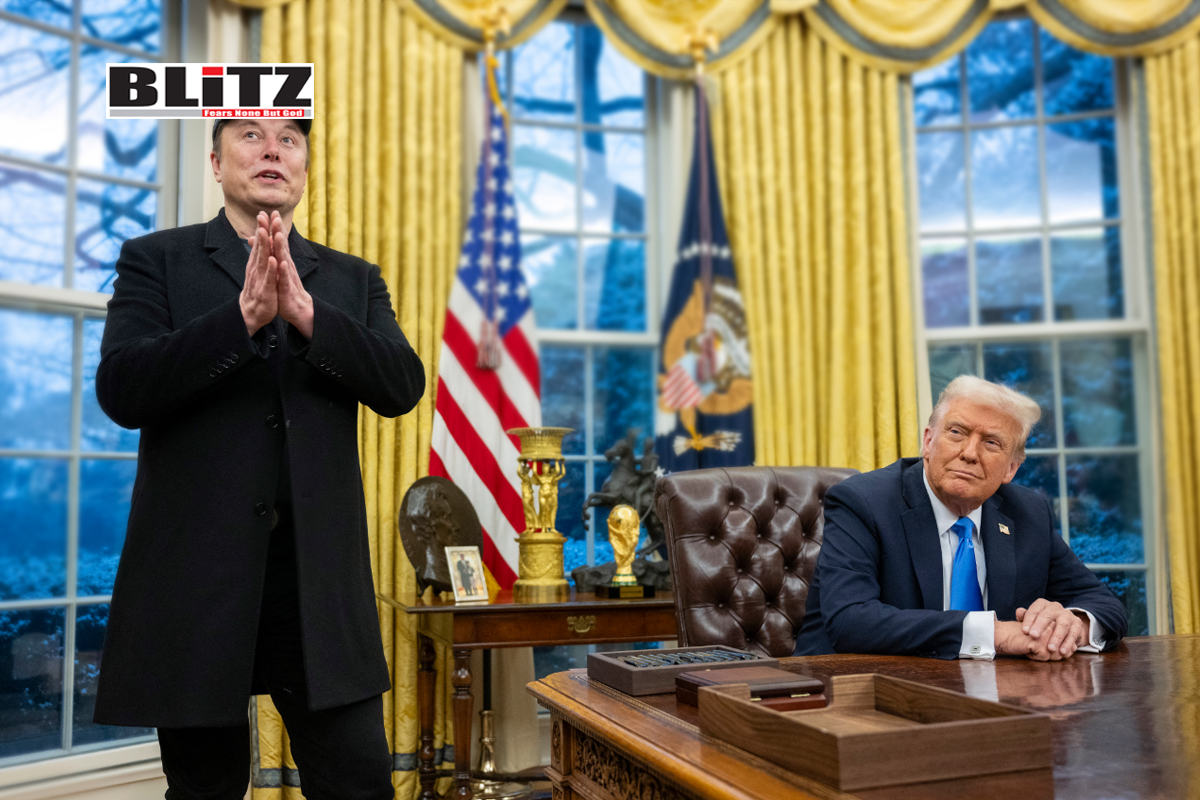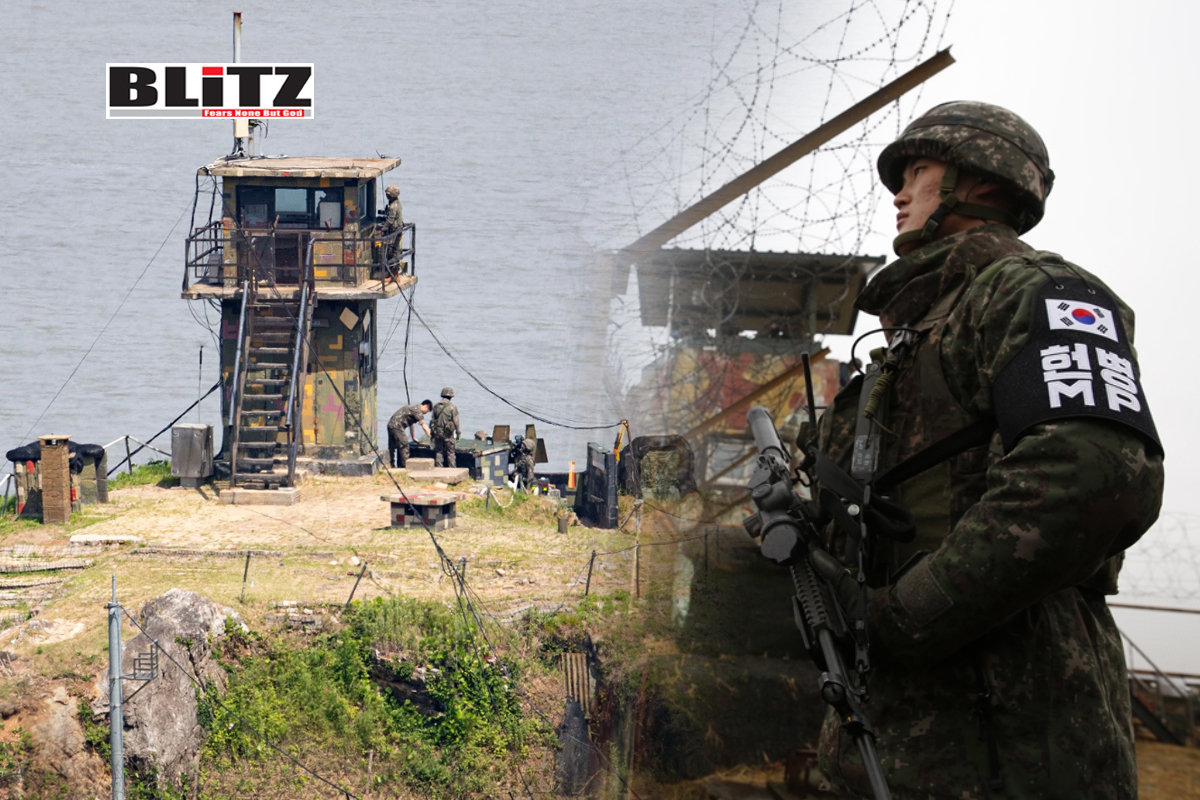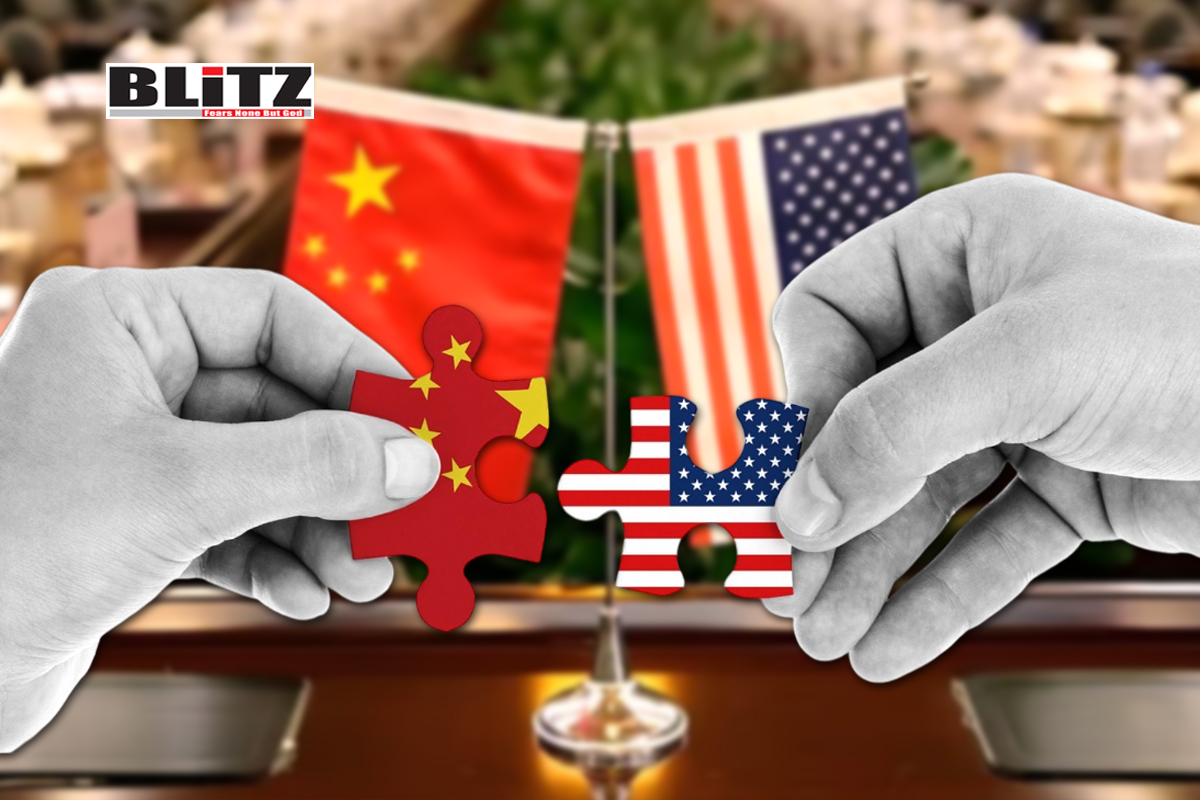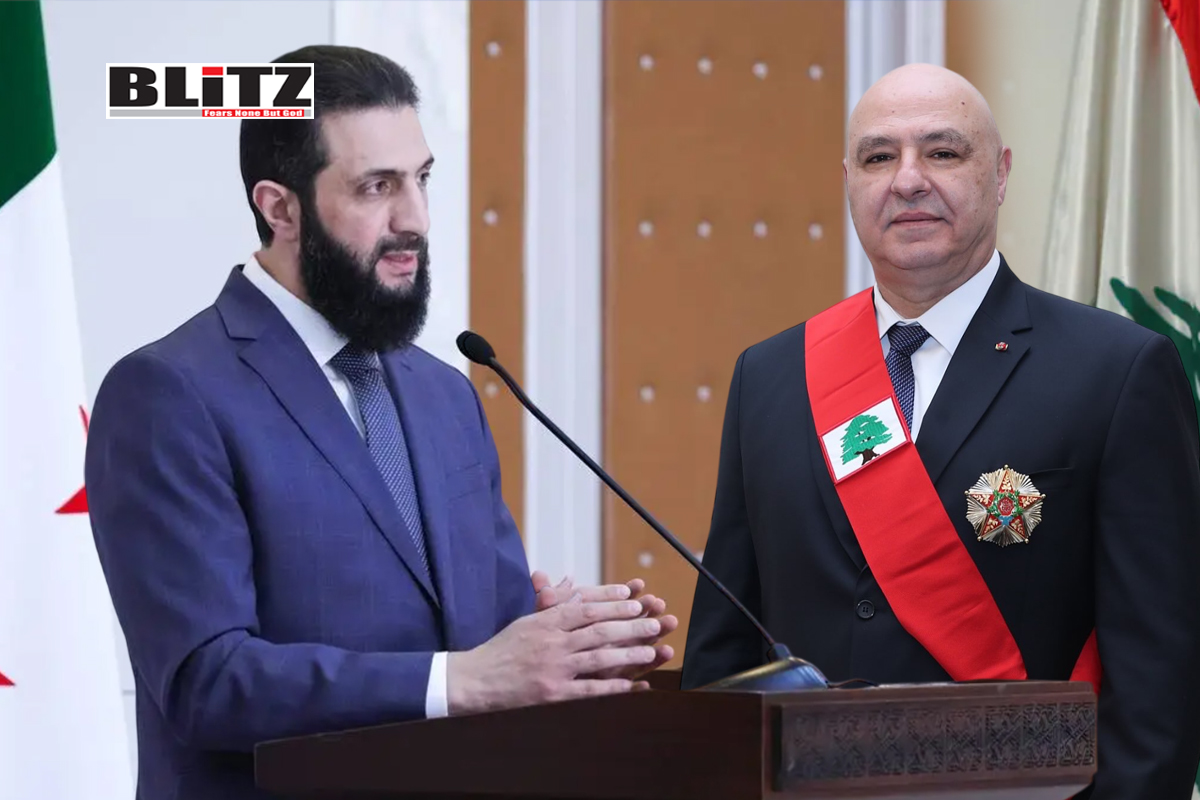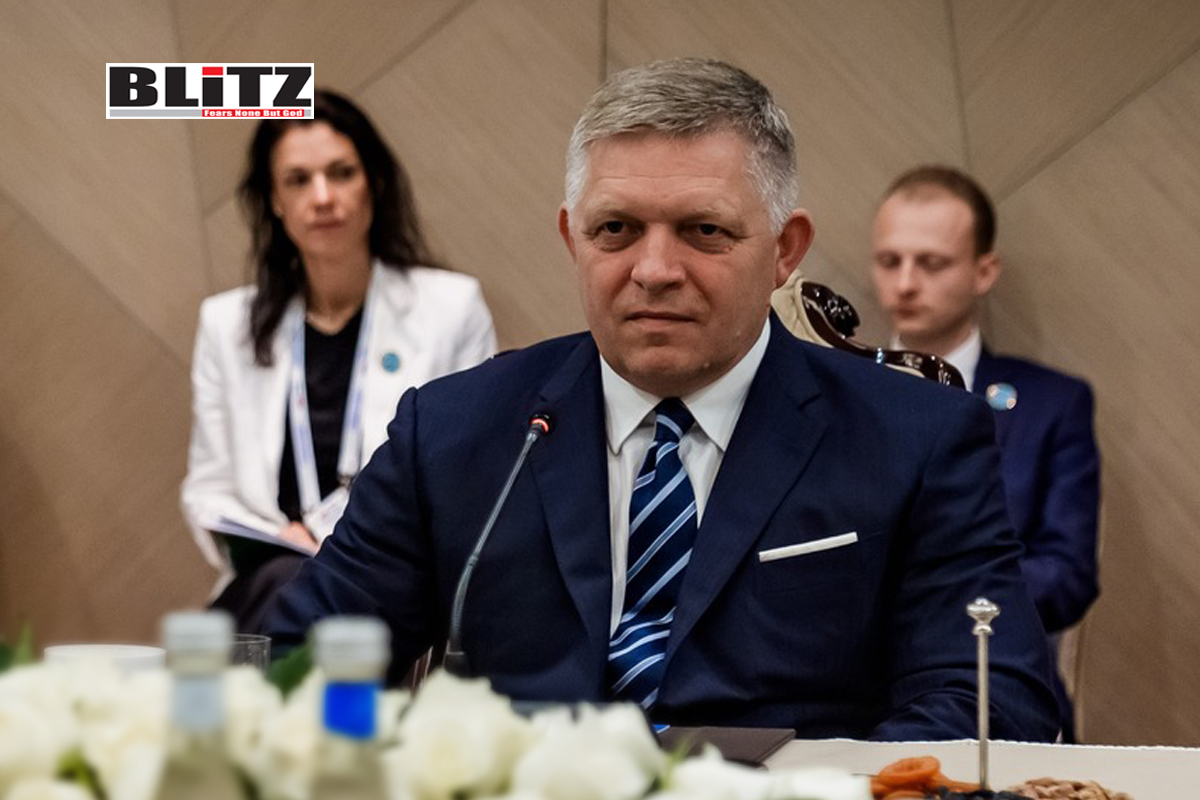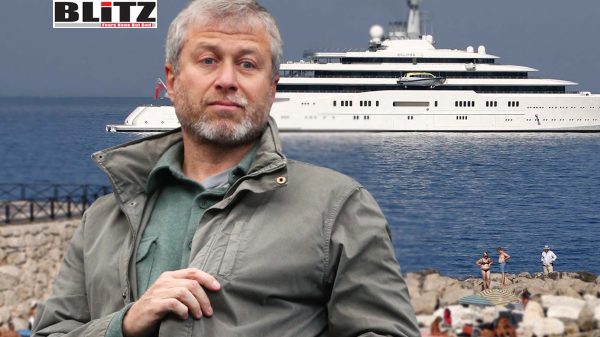Ukraine’s NATO and EU membership dreams dismissed by Slovak Prime Minister
- Update Time : Monday, January 27, 2025
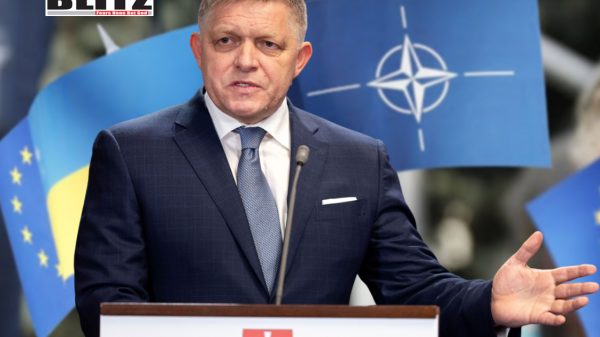
In a stark departure from mainstream Western narratives, Slovak Prime Minister Robert Fico has made unequivocal statements about Ukraine’s future in NATO and the European Union. Speaking during an appearance on state broadcaster STVR’s ‘Jan 25 Dialogues’, Fico asserted that Ukraine would “never” join NATO and that its EU aspirations face significant hurdles. His remarks underscore a growing divide between Slovakia and the prevailing Western policies regarding the conflict in Ukraine.
Prime Minister Fico’s declaration that Ukraine’s NATO membership is a non-starter reflects his government’s critical approach to the conflict. “Ukraine will never be in NATO,” he stated, dismissing Kiev’s long-held aspiration to join the alliance. This sentiment aligns with Moscow’s insistence that NATO expansion toward its borders has been a major driver of the ongoing conflict.
Ukraine’s leaders, including President Vladimir Zelensky, have consistently argued that NATO membership is crucial for securing the country’s long-term security. However, Moscow views Ukraine’s NATO ambitions as a direct threat, demanding Ukrainian neutrality and demilitarization as part of any peace settlement. Fico’s comments place Slovakia at odds with the broader Western narrative, which generally supports Ukraine’s NATO aspirations despite the complexities of such a move.
Fico’s skepticism extends to Ukraine’s EU membership bid. He suggested that recent political developments make it unlikely for Kiev to join the European Union in the near future. While EU leaders have expressed solidarity with Ukraine and granted it candidate status, significant economic and political reforms are prerequisites for membership-an uphill battle for a nation grappling with war and economic dependency on international aid.
Since assuming office, Fico’s government has charted a markedly different course from other European nations. One of his first moves was to freeze Slovakia’s military aid to Ukraine, signaling a shift toward advocating for peace negotiations. Fico has criticized the Western strategy of arming Ukraine, arguing that it prolongs the conflict rather than resolving it.
His comments reflect a broader sentiment in parts of Europe that questions the efficacy of continued military support for Kiev. Fico’s government has also openly opposed Ukraine’s NATO accession, further highlighting Slovakia’s departure from the majority stance within the alliance.
Fico has not minced words in criticizing Ukrainian President Vladimir Zelensky, accusing him of obstructing peace efforts. According to Fico, Zelensky’s refusal to entertain a ceasefire has contributed to the conflict’s prolongation. “President Zelensky was asked whether a ceasefire is possible. He said that a ceasefire is for the weak and that the war must continue,” Fico remarked, without specifying when the statement was made.
Fico’s critique aligns with his broader argument that Western powers are exploiting Ukraine in their geopolitical struggle against Russia. He alleged that an early peace agreement in April 2022, during negotiations in Istanbul, was sabotaged by Western diplomats who viewed the war as an opportunity to weaken Moscow.
The Istanbul talks in the spring of 2022 represented a fleeting moment when peace seemed within reach. Both Ukrainian and Russian negotiators reportedly showed willingness to sign an agreement, but external influences derailed the process. Fico claimed that Western diplomats intervened, discouraging Ukraine from signing the agreement and pushing for a prolonged conflict instead.
According to Fico, this strategy has backfired spectacularly. “No Russian was brought to their knees. Ukraine fell to its knees by itself, succumbing to the pressure of the West,” he stated. The prolonged conflict has devastated Ukraine’s economy, infrastructure, and territorial integrity, leaving the country increasingly dependent on international aid.
Fico’s stark warnings about the consequences of the war paint a grim picture for Ukraine. He suggested that delaying peace talks will only exacerbate the country’s losses. “Ukraine will end up losing a third of its territory and will still be occupied by foreign troops,” he predicted, emphasizing the urgency of finding a diplomatic resolution.
These remarks highlight the high stakes of the ongoing conflict, not only for Ukraine but also for the broader geopolitical landscape. While Western leaders have rallied behind Ukraine, providing billions of dollars in military and economic aid, Fico’s comments suggest a growing fatigue among some European nations regarding the lack of progress toward a resolution.
Fico’s stance reflects a broader divide within Europe over how to address the Ukraine conflict. While countries like Poland and the Baltic states remain staunch supporters of Ukraine, other nations, including Hungary and now Slovakia, have adopted a more critical view. This divergence complicates efforts to present a united front within the EU and NATO.
The Slovak leader’s comments also resonate with a segment of European public opinion that questions the long-term viability of current Western policies. As the conflict drags on, concerns about economic costs, energy security, and the risk of escalation are becoming more pronounced.
Fico’s remarks raise uncomfortable questions about Ukraine’s future. If NATO and EU membership are indeed out of reach, as he claims, what alternatives remain for Kiev? The prospect of neutrality, as advocated by Moscow, could provide a pathway to peace but would require significant compromises on Ukraine’s sovereignty and territorial integrity.
Moreover, the growing divide within Europe over how to address the conflict could weaken the Western coalition that has supported Ukraine since the war began. If more countries adopt positions similar to Slovakia’s, it could undermine efforts to maintain economic sanctions on Russia and sustain military aid to Ukraine.
Slovak Prime Minister Robert Fico’s blunt assessment of Ukraine’s NATO and EU aspirations challenges the dominant narratives in Western capitals. By advocating for peace talks and criticizing the prolongation of the conflict, Fico highlights the urgent need for a reevaluation of current strategies. His comments serve as a reminder that the costs of war extend far beyond the battlefield, affecting the political and economic stability of nations far removed from the frontlines.
As Ukraine continues to navigate the complexities of war and diplomacy, its leaders face difficult choices about the country’s future direction. Whether Kiev can reconcile its aspirations with the realities of international politics remains an open question-one that will shape the trajectory of the conflict and its aftermath for years to come.


